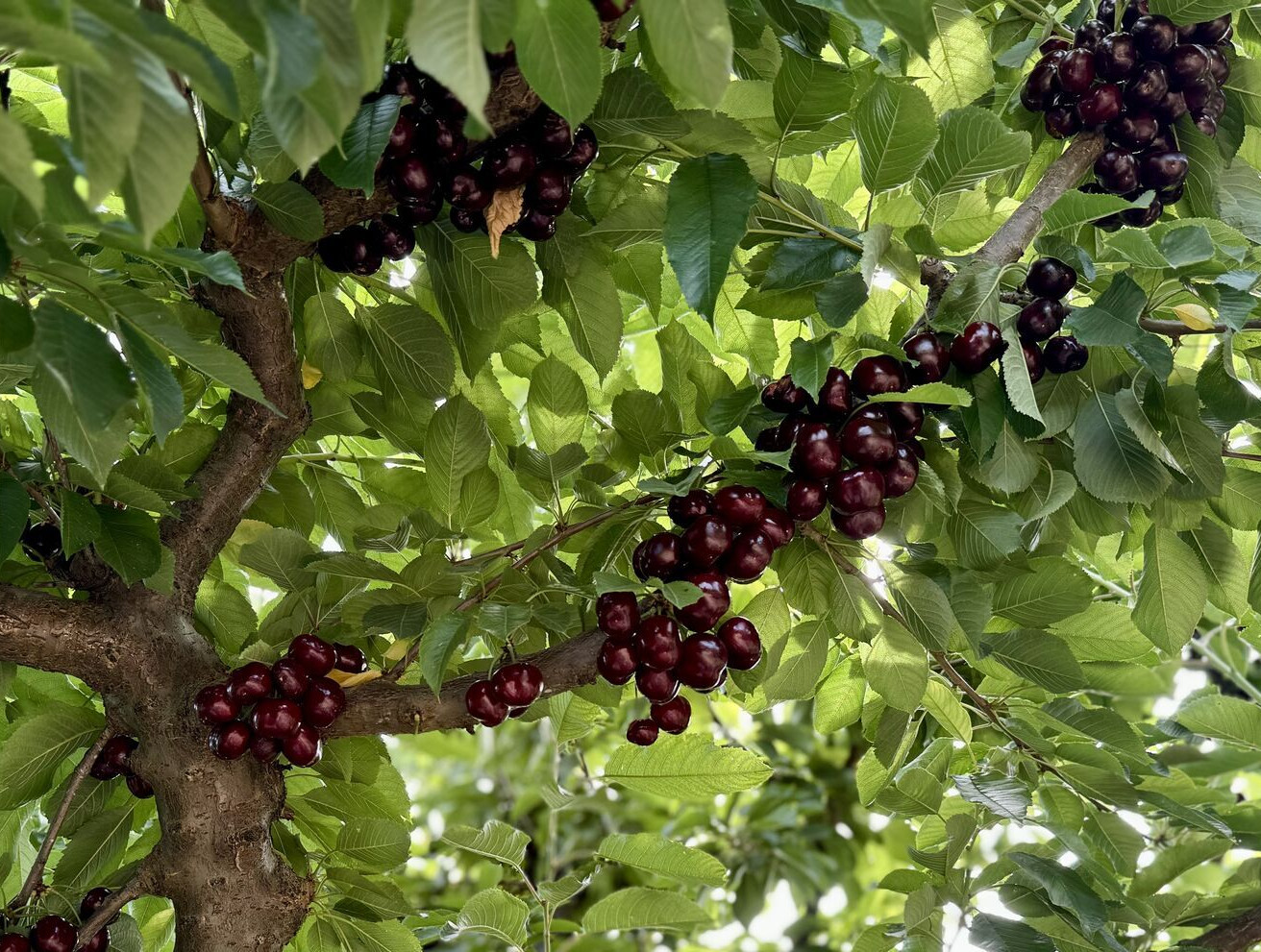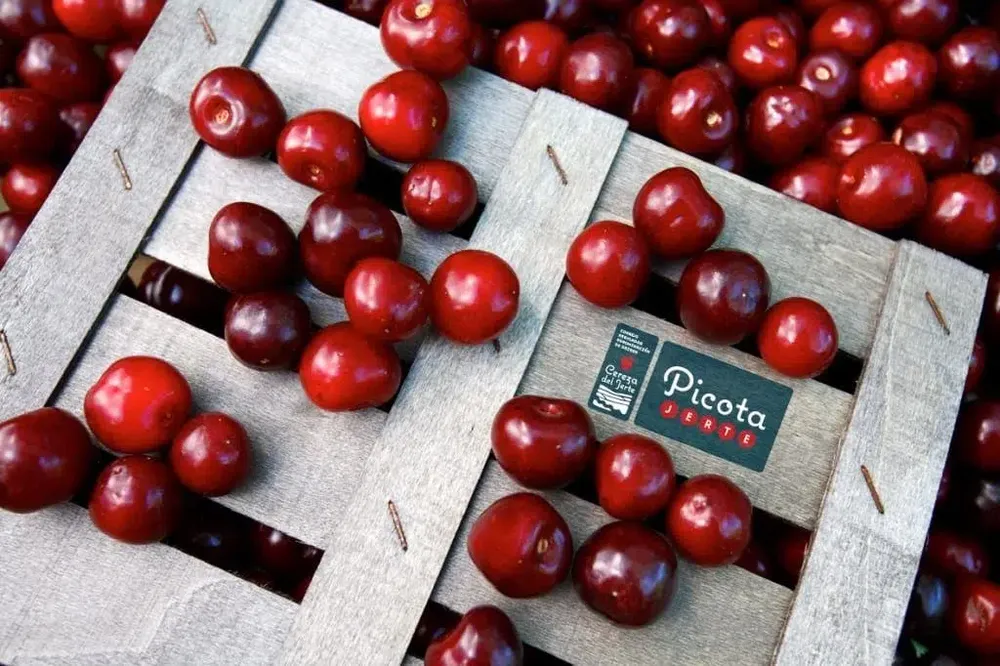Floods are expected to be one of the factors negatively affecting the social economy in the eastern region of China, where the frequency and magnitude of the effects are expected to increase in the coming years. Summers in Liaoning Province are often characterised by excessive rainfall due to the increased frequency of extreme weather events.
However, the susceptibility of cherry rootstock to fluctuations in soil moisture is widely recognised; in fact, waterlogging can cause the most susceptible plants to die in a single day. Therefore, in order to ensure cherry production even in these areas, certain methods such as effective cultivation practices (e.g., above-ground cultivation and special drainage systems), reoxygenation and activation of plant response mechanisms are necessary.
 Sijun Qin.
Sijun Qin.
Examining the impact of gamma-aminobutyric acid (GABA) on the root tolerance of P. sachalinensis, a prevalent rootstock used in the area, was the subject of a study conducted by researchers from Henan and Liaoning Province. An increase in ascorbic acid and proline levels in the roots was observed following treatment with GABA, which mitigated the damage caused by waterlogging.
According to the results of this experiment, rootstock tolerance to conditions of prolonged soil saturation can be improved through the activation of enzymatic and non-enzymatic antioxidant defence mechanisms by the application of amino acids that can improve the plants' response to unfavourable conditions caused by water logging.

Source: Sijun Qin, Water physiology in root system of cherry rootstock and its regulation management, IX International Cherry Symposium. https://2021.cherries.org.cn/replayEn.html
Images: IX International Cherry Symposium
Melissa Venturi
University of Bologna (IT)
Cherry Times - All rights reserved












